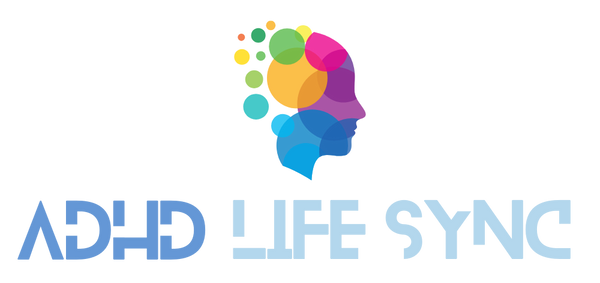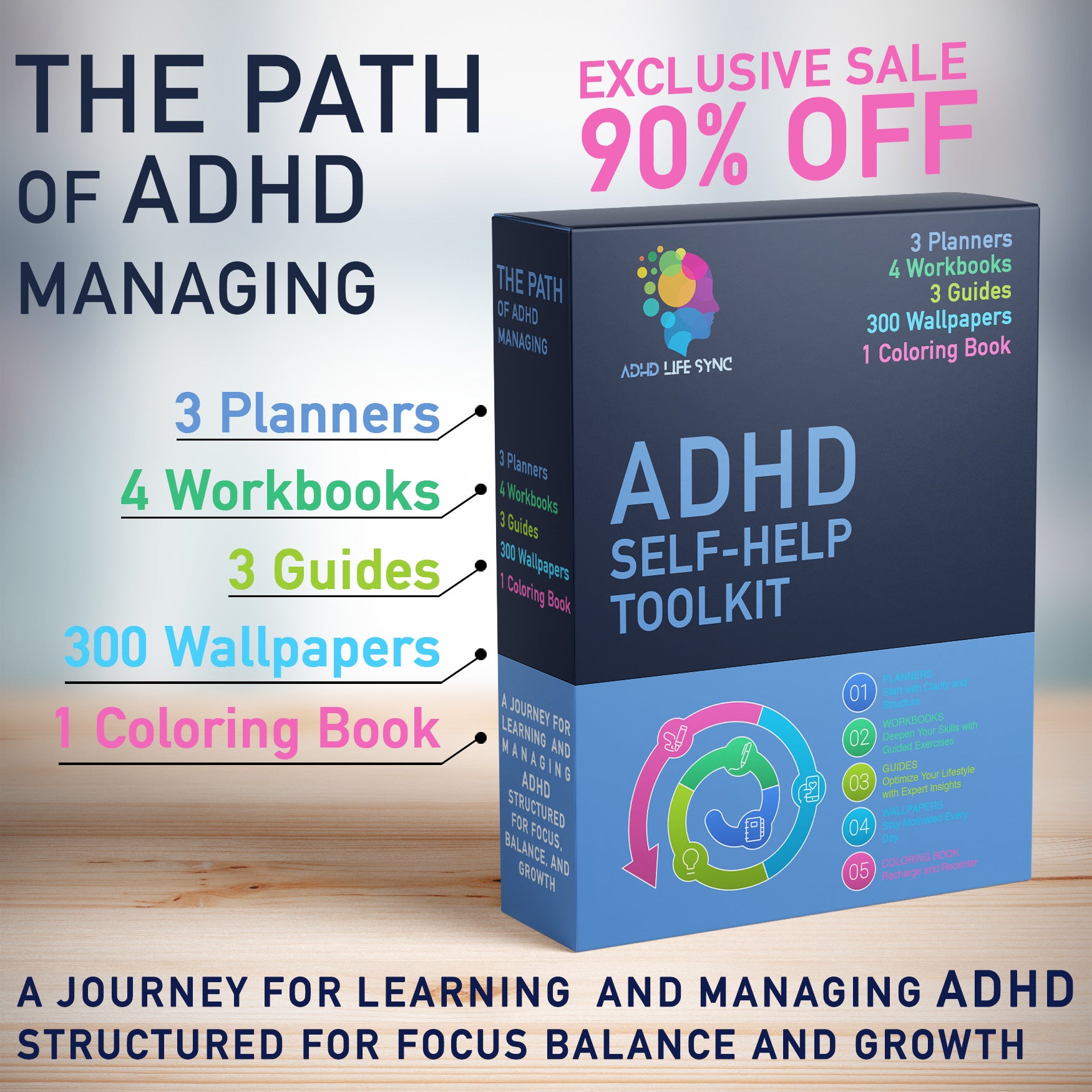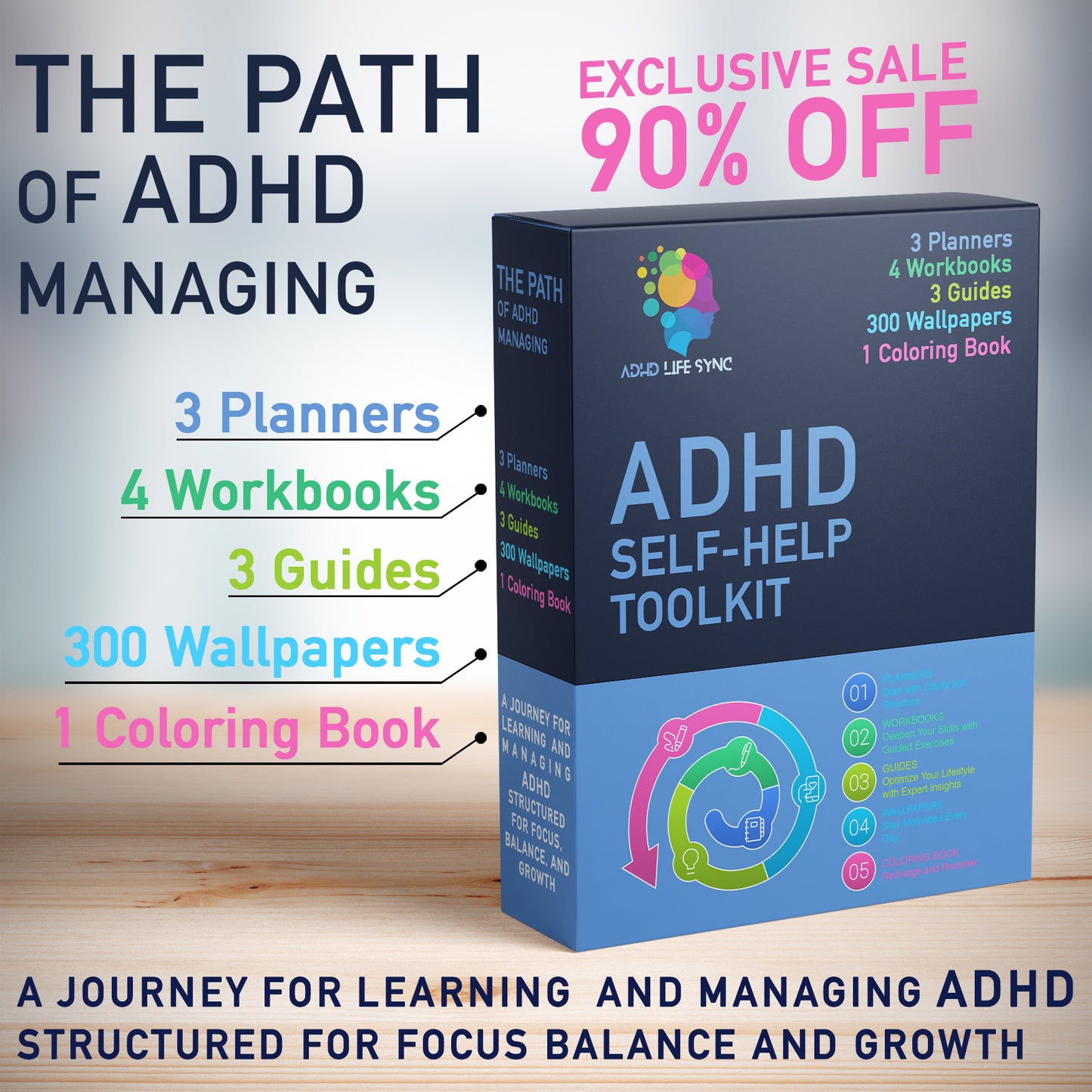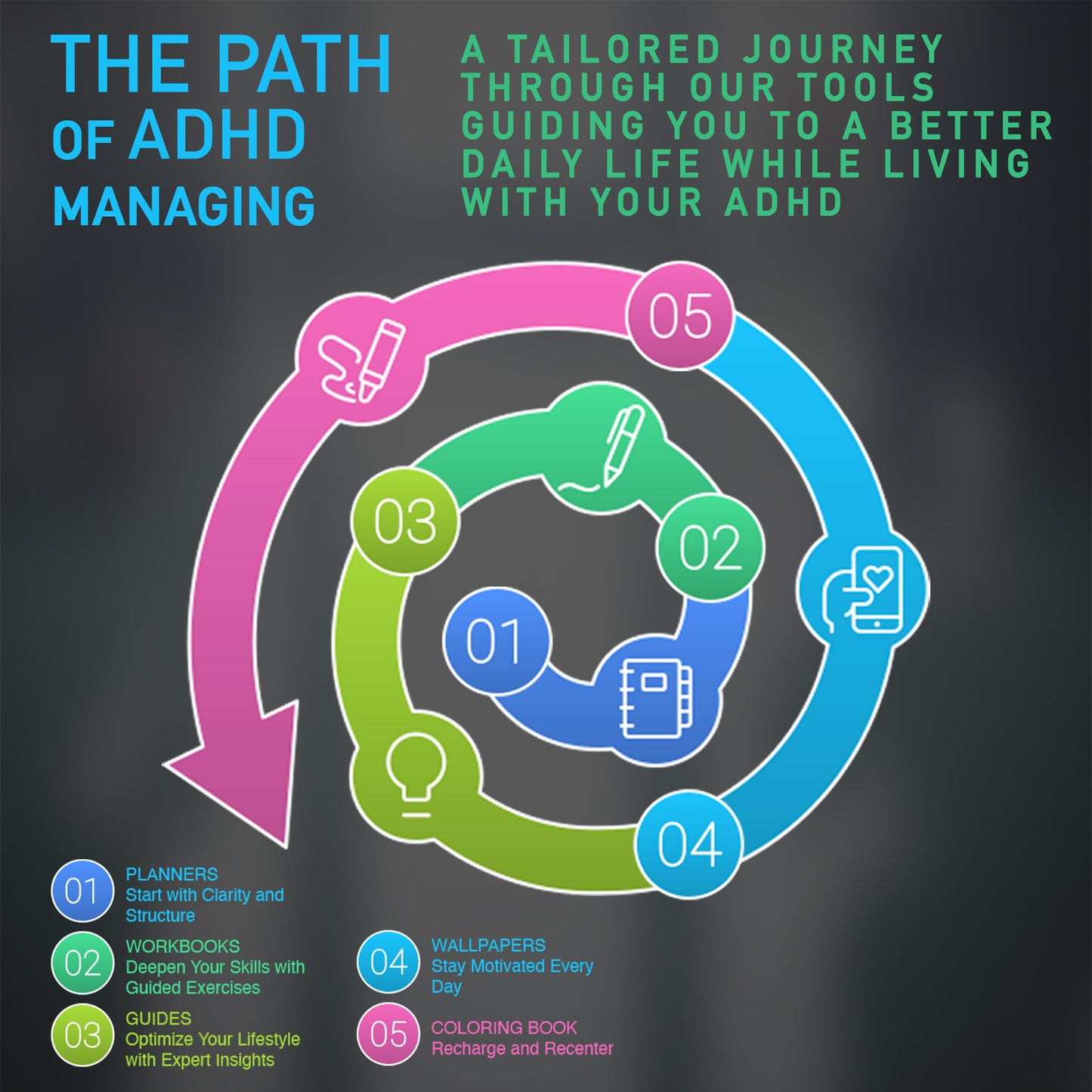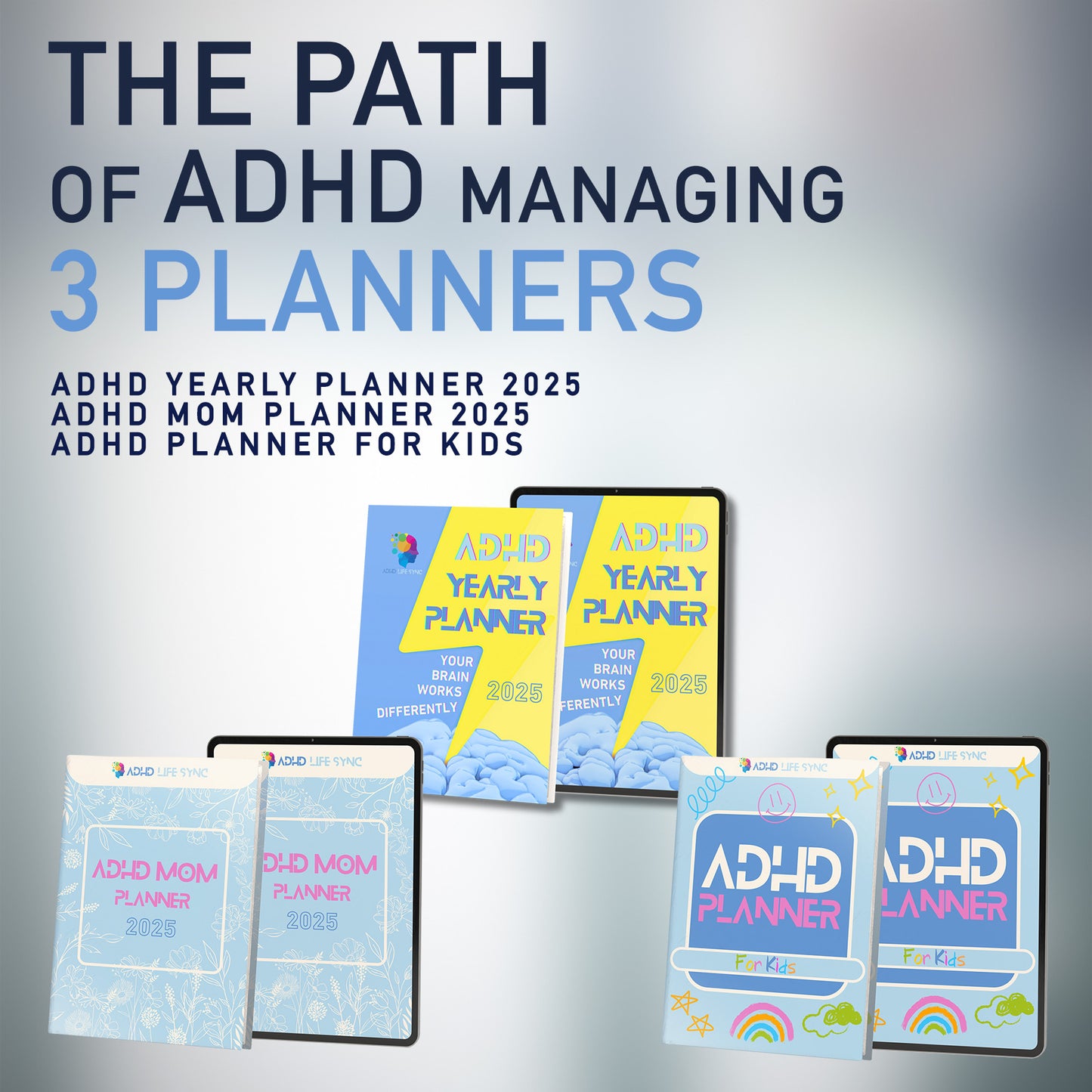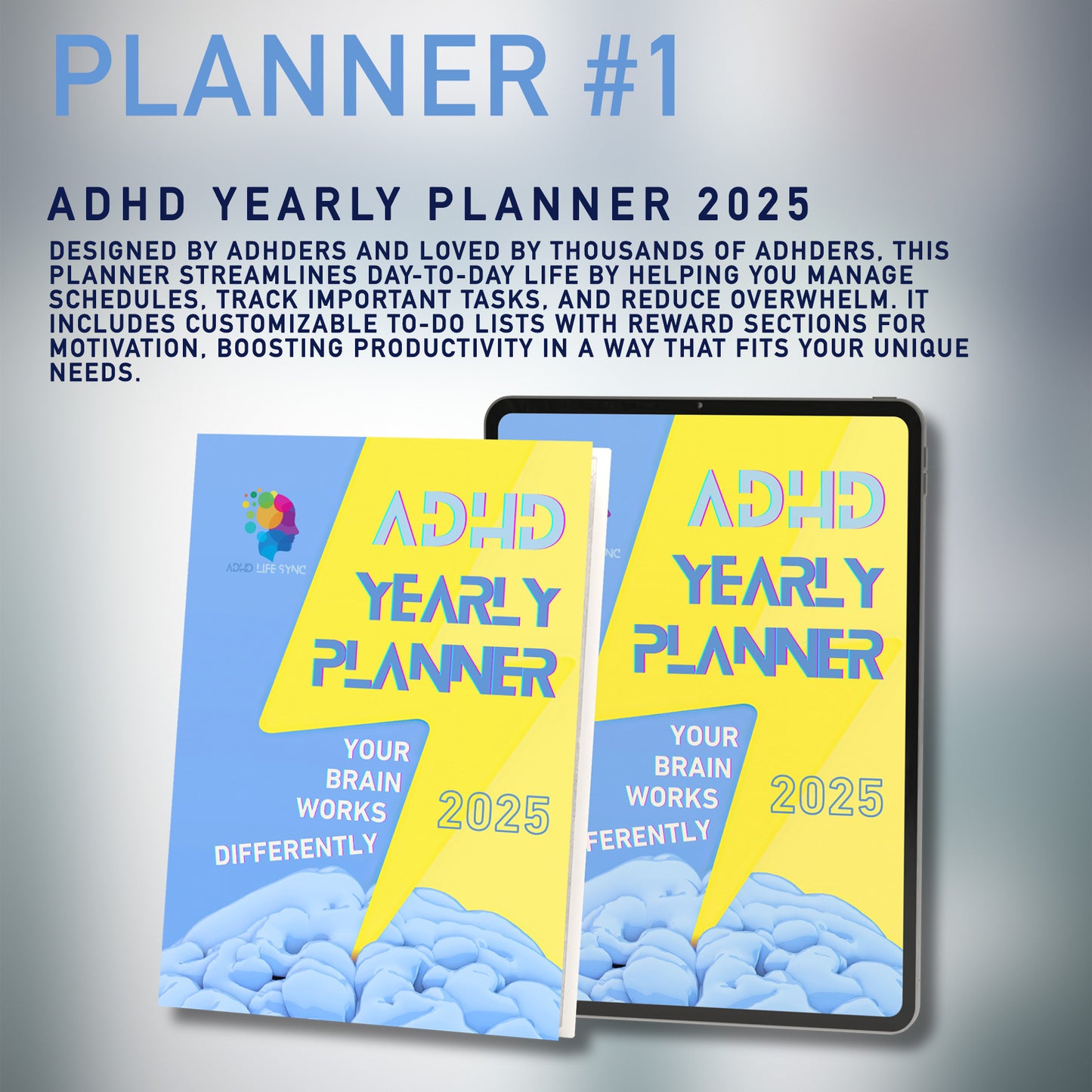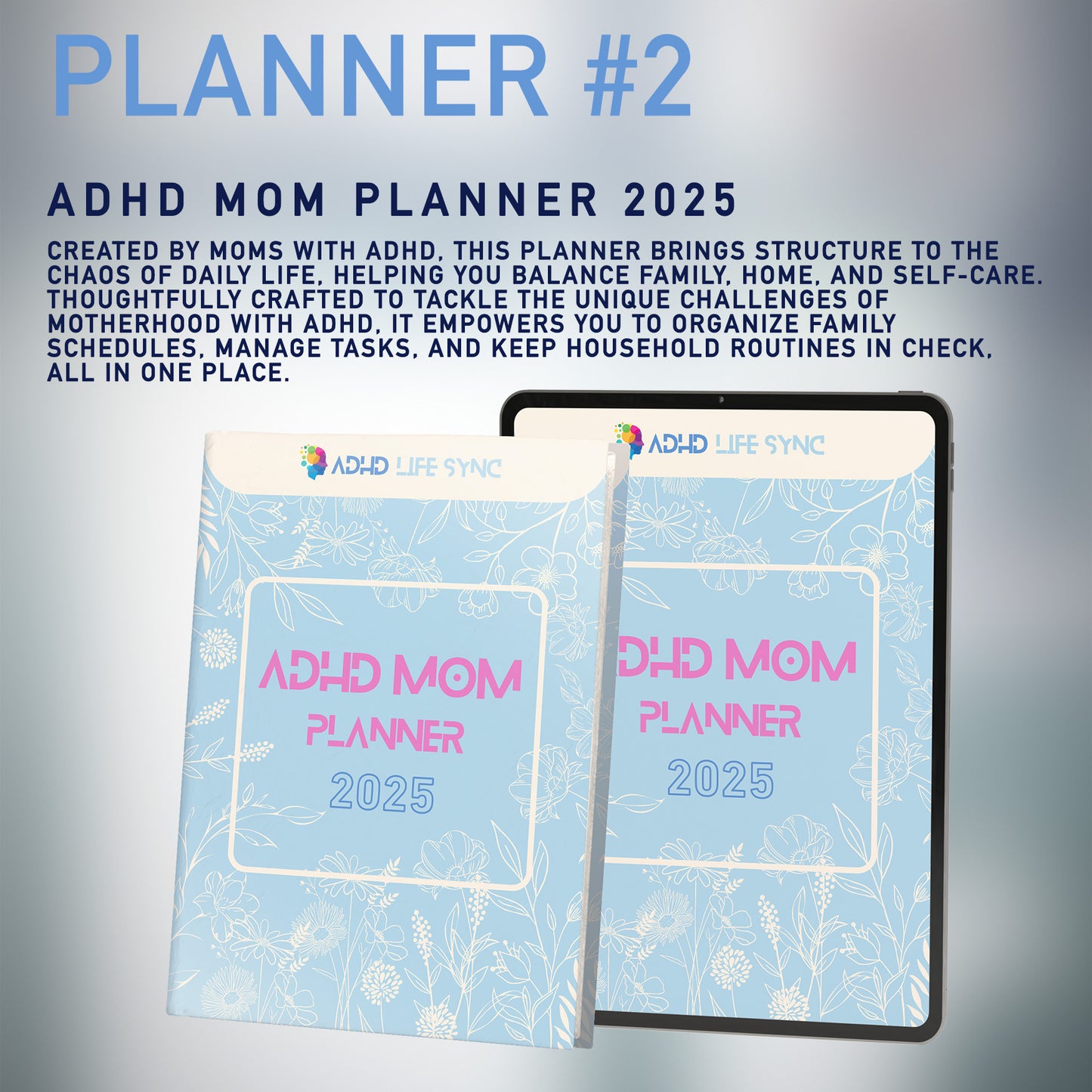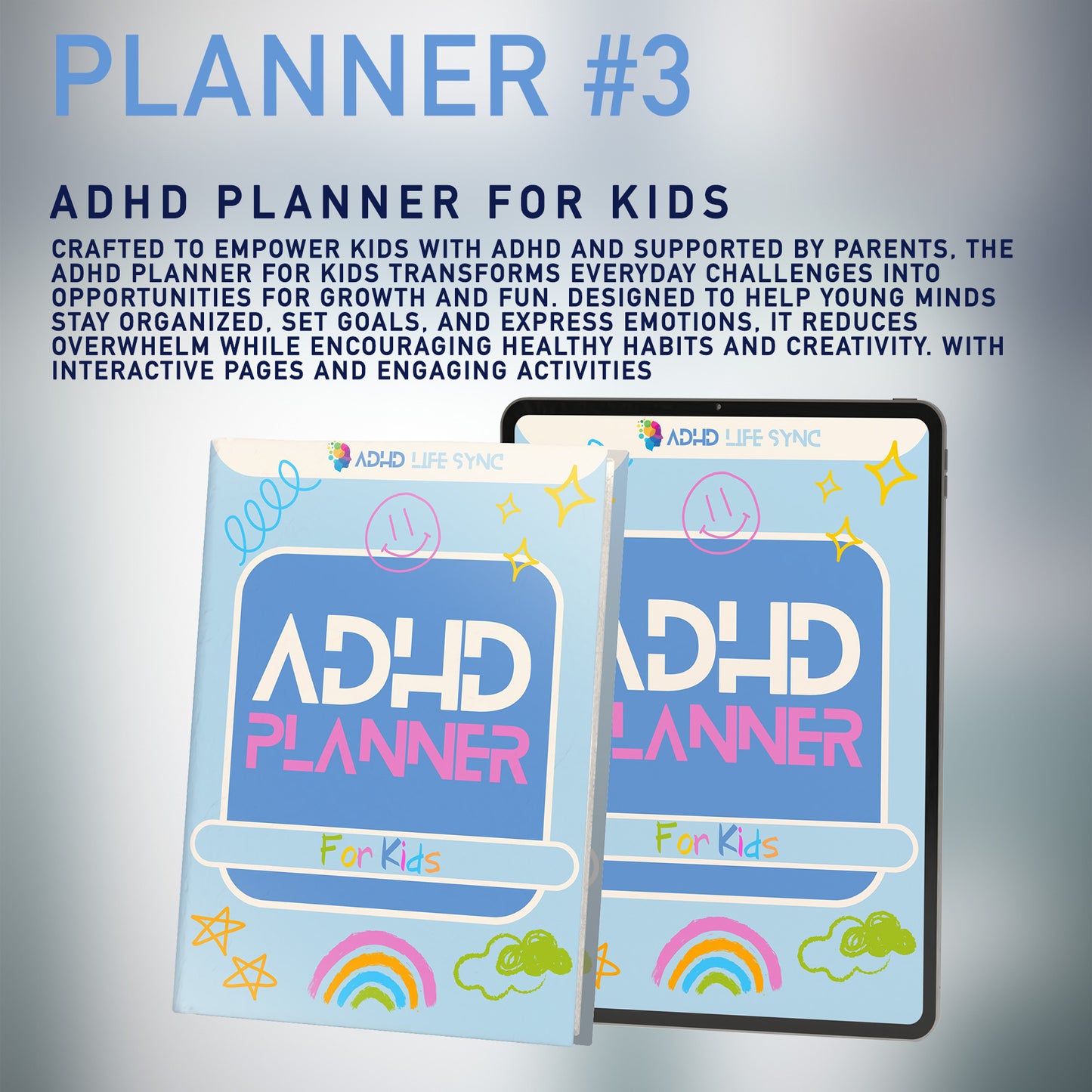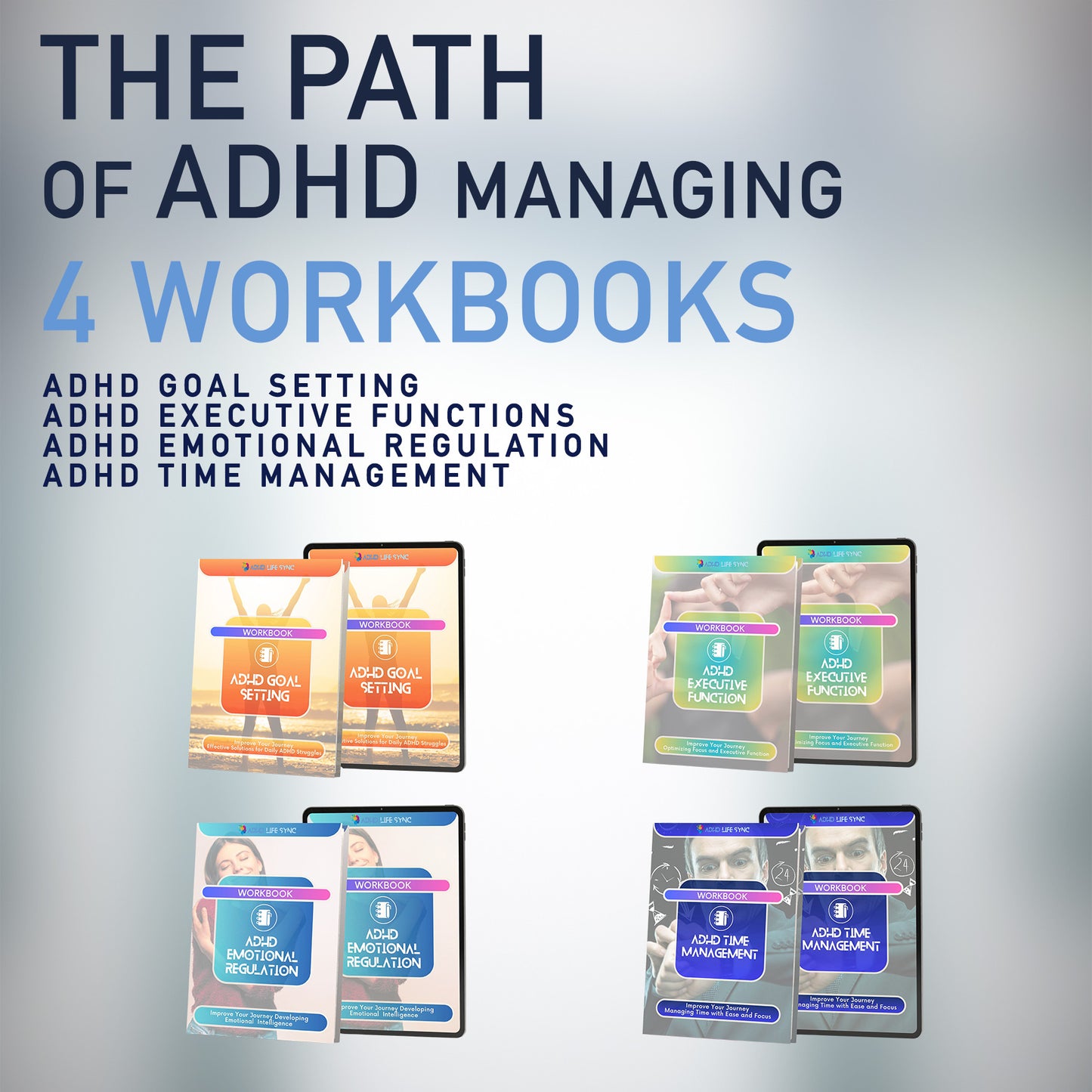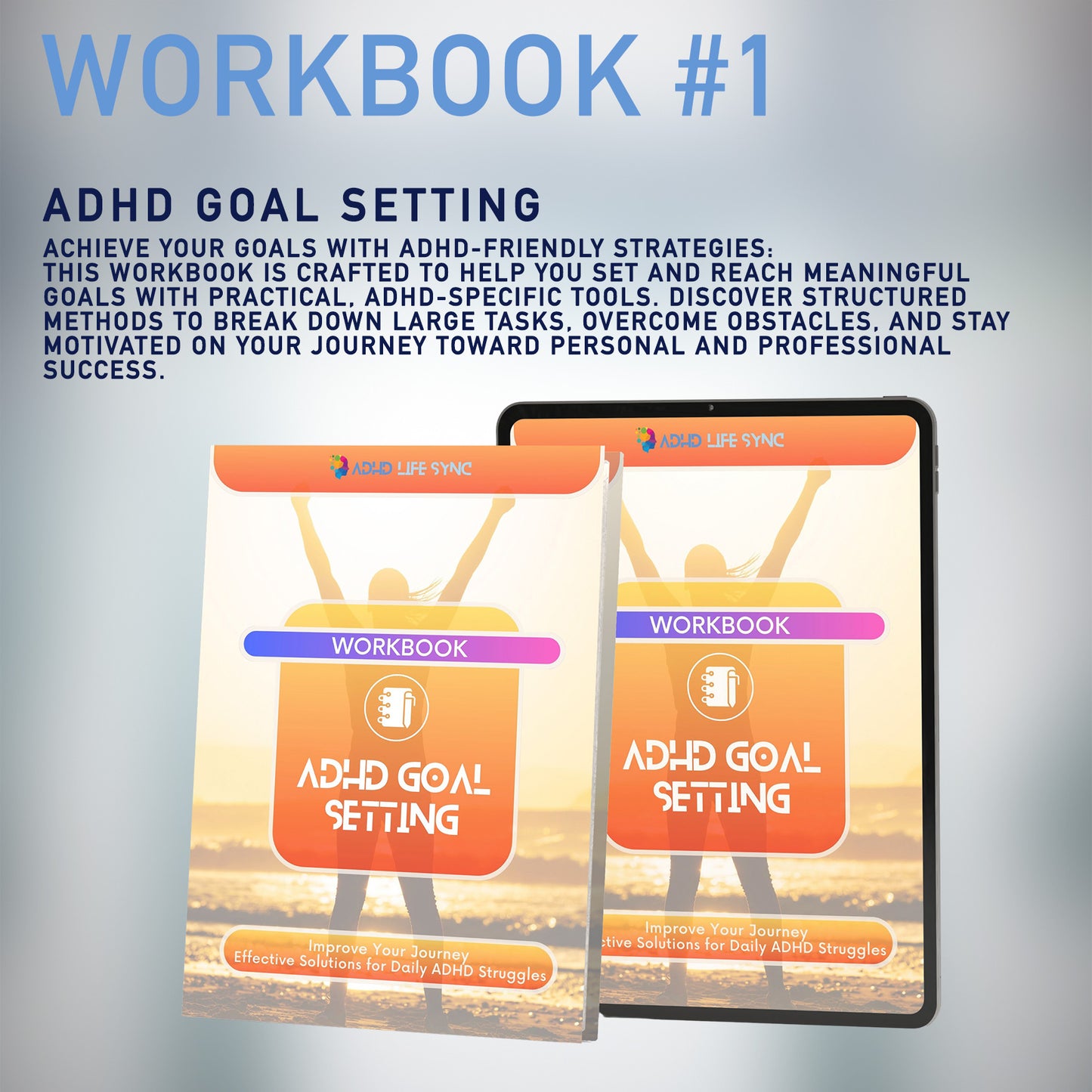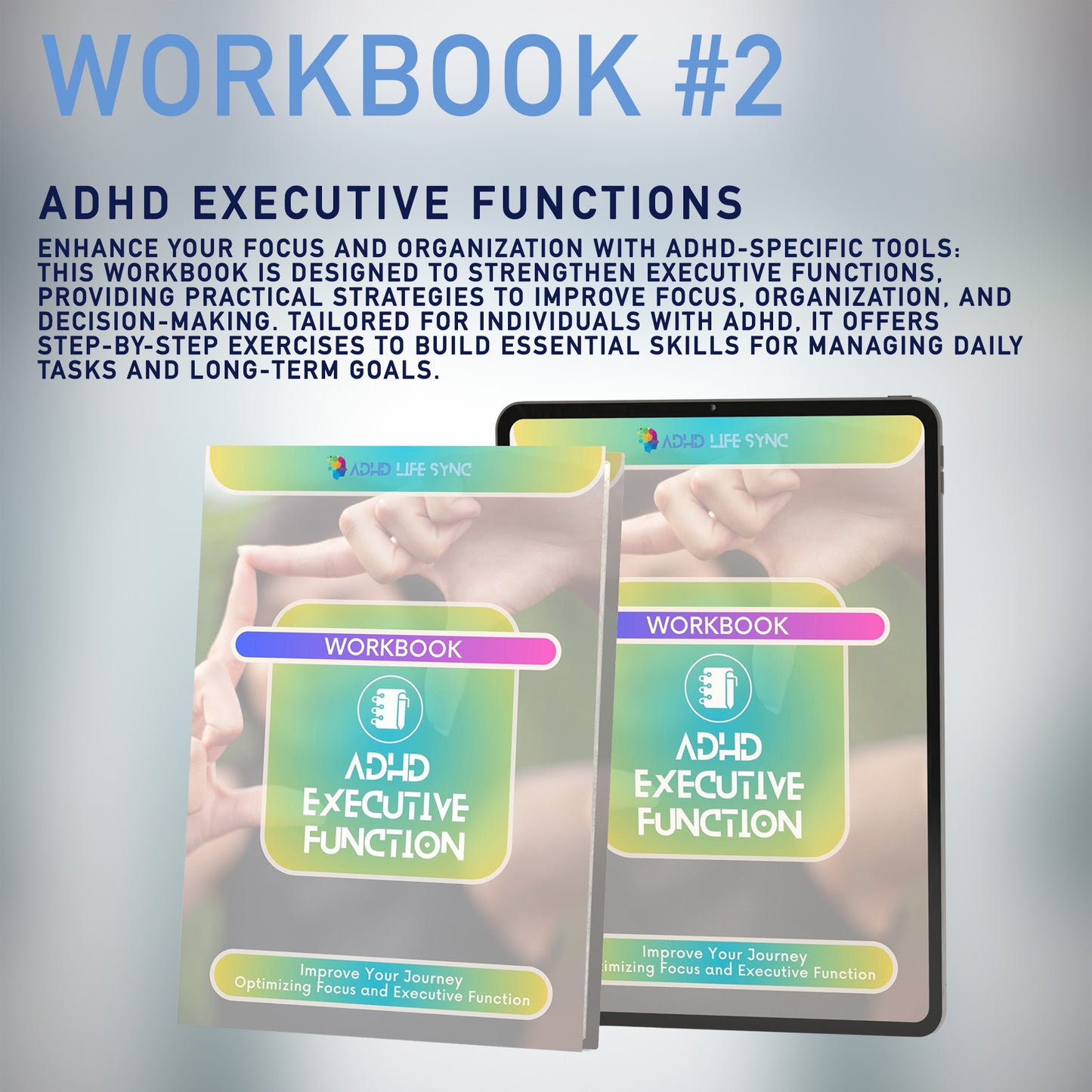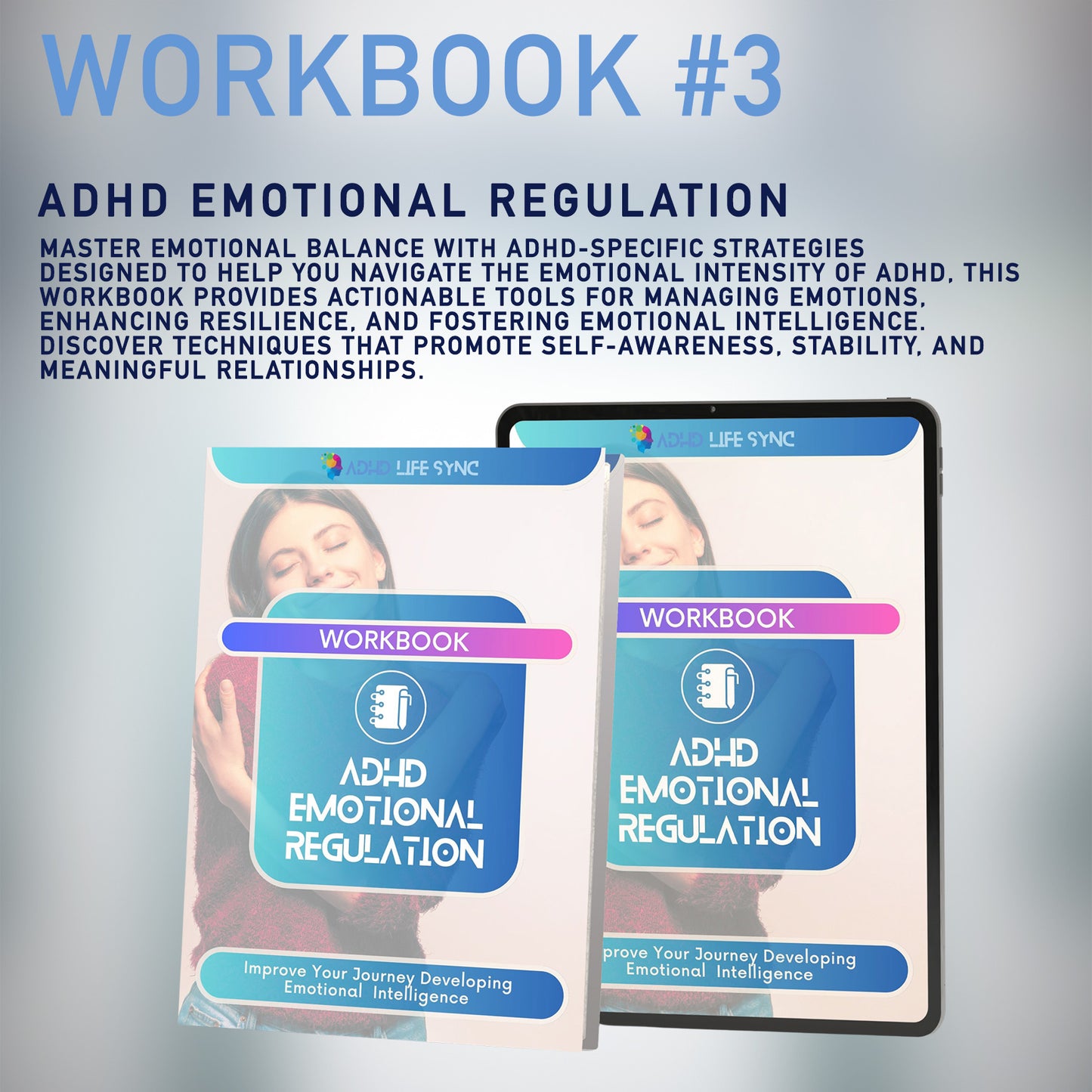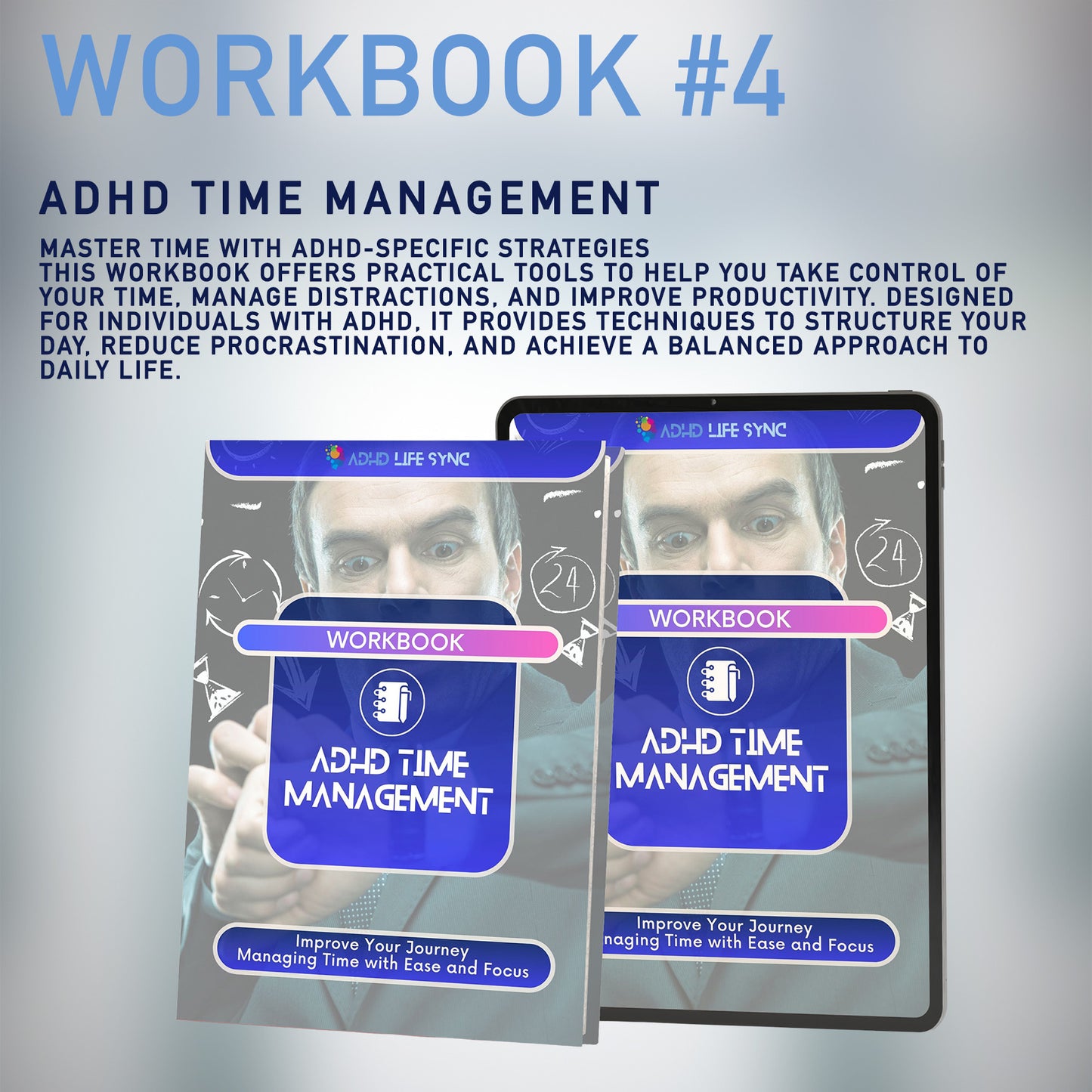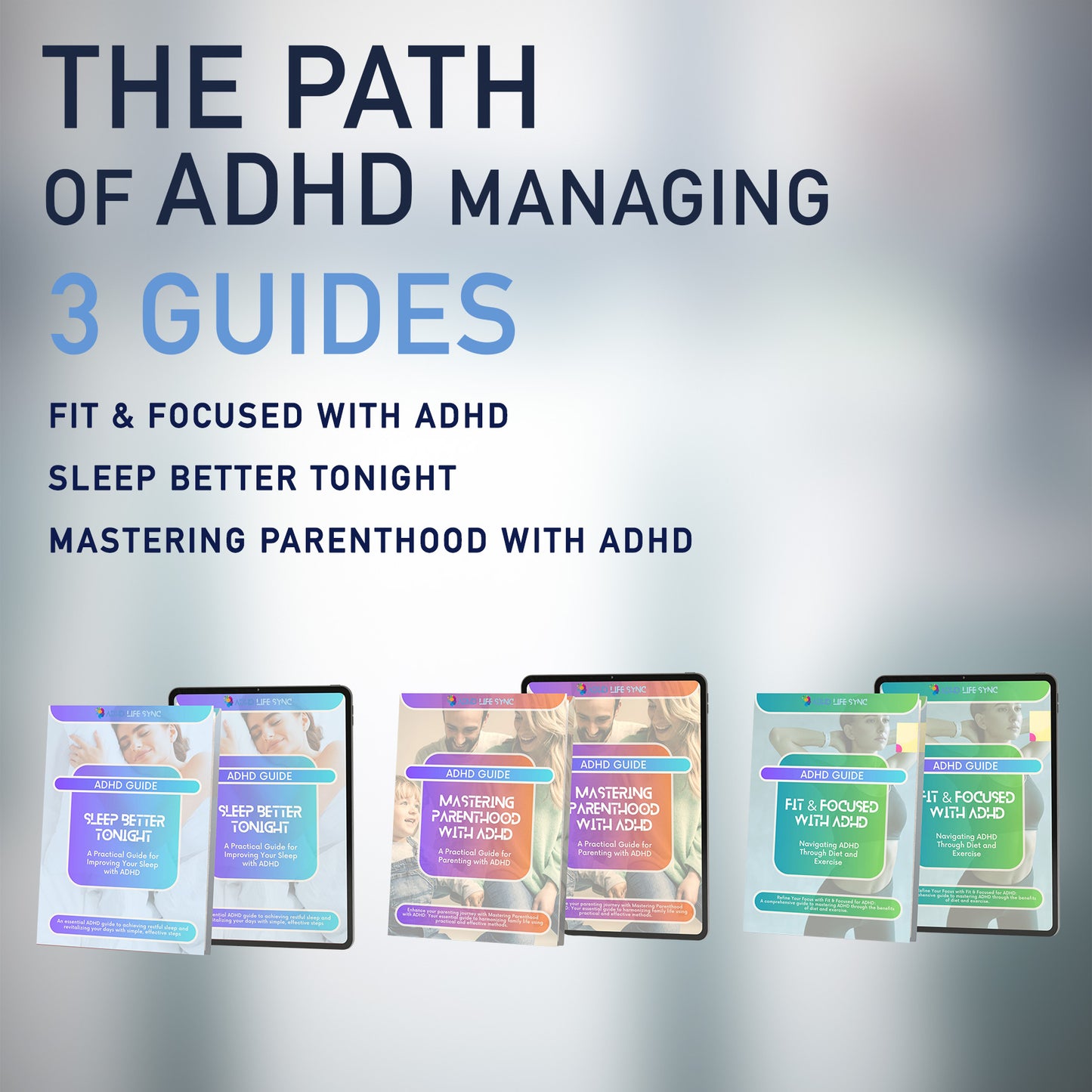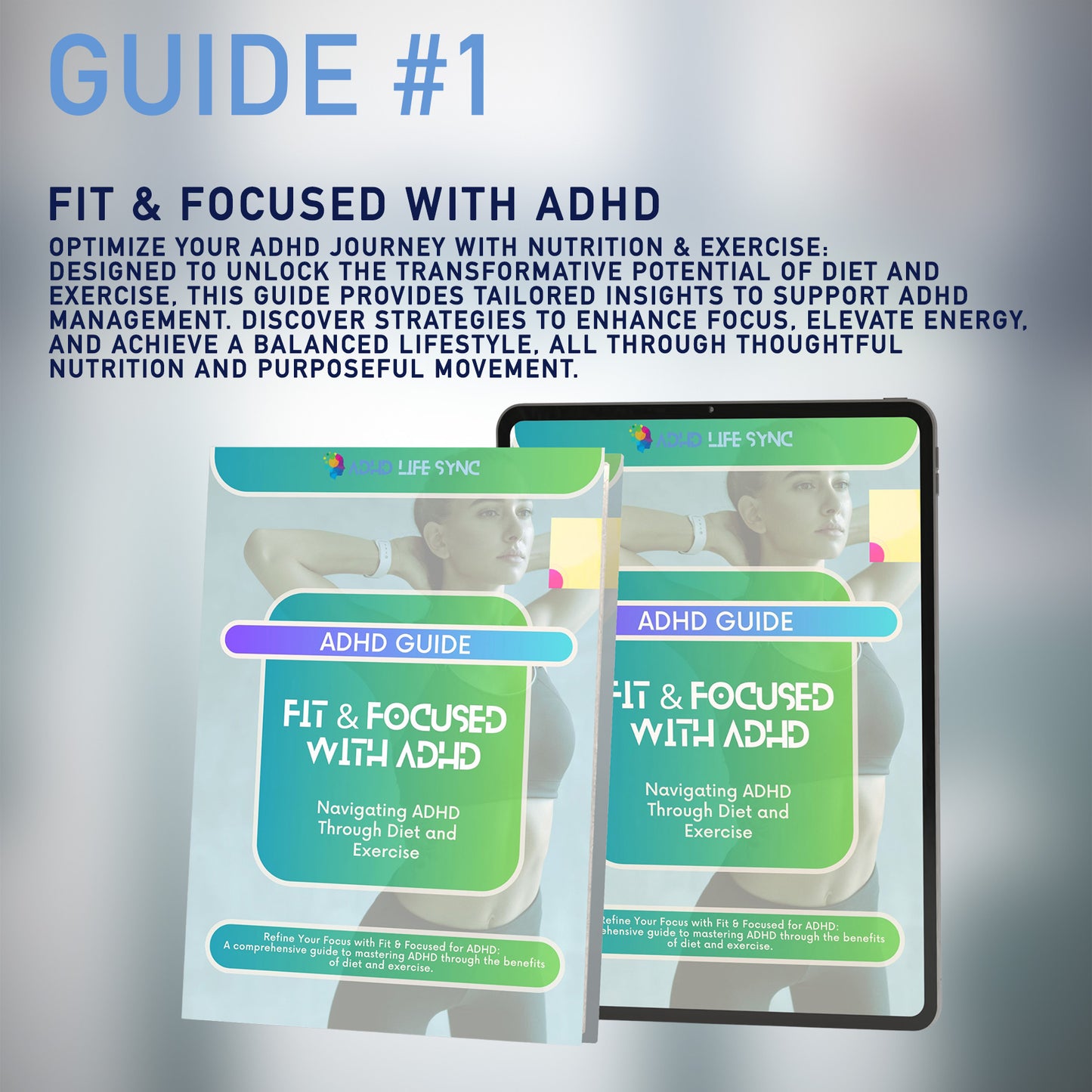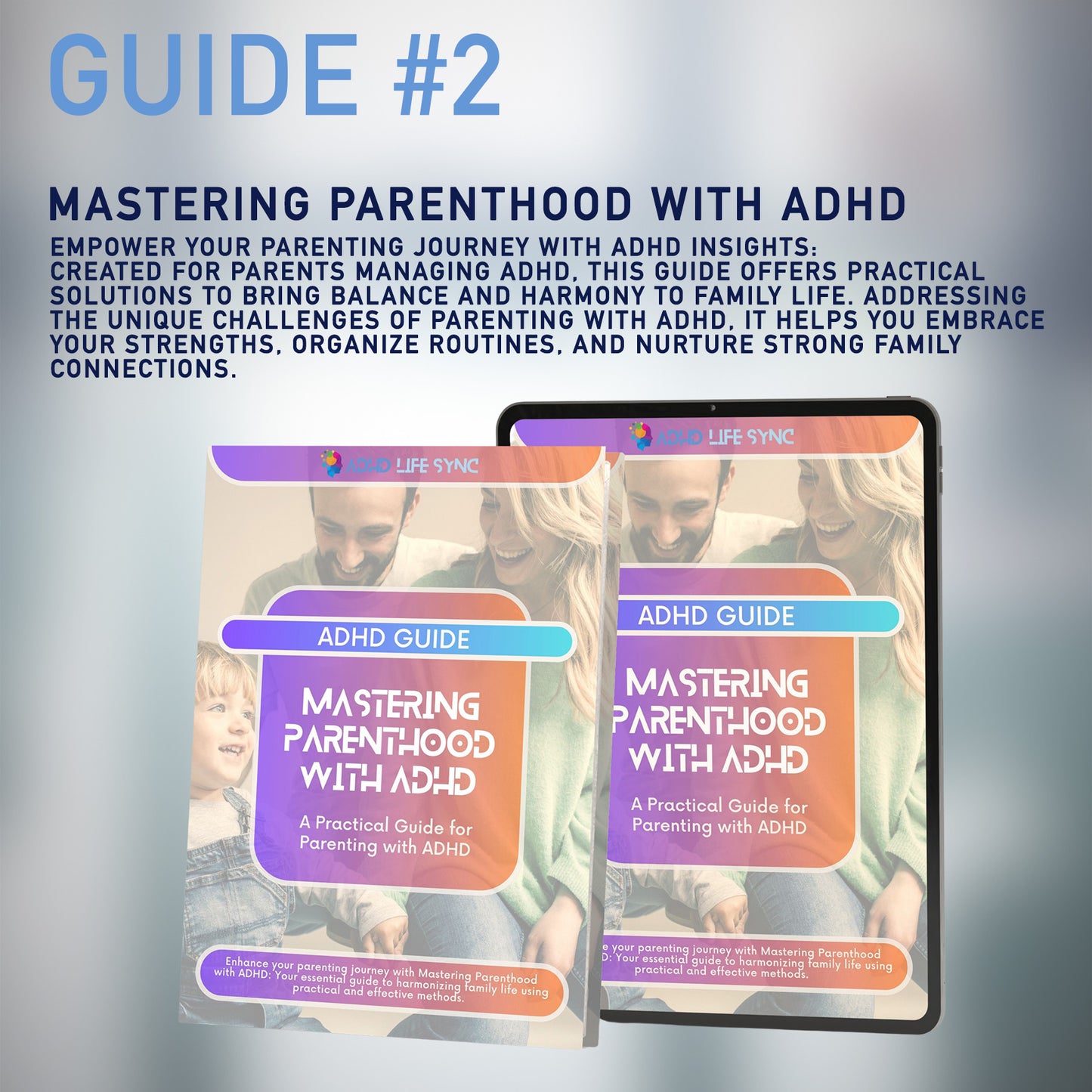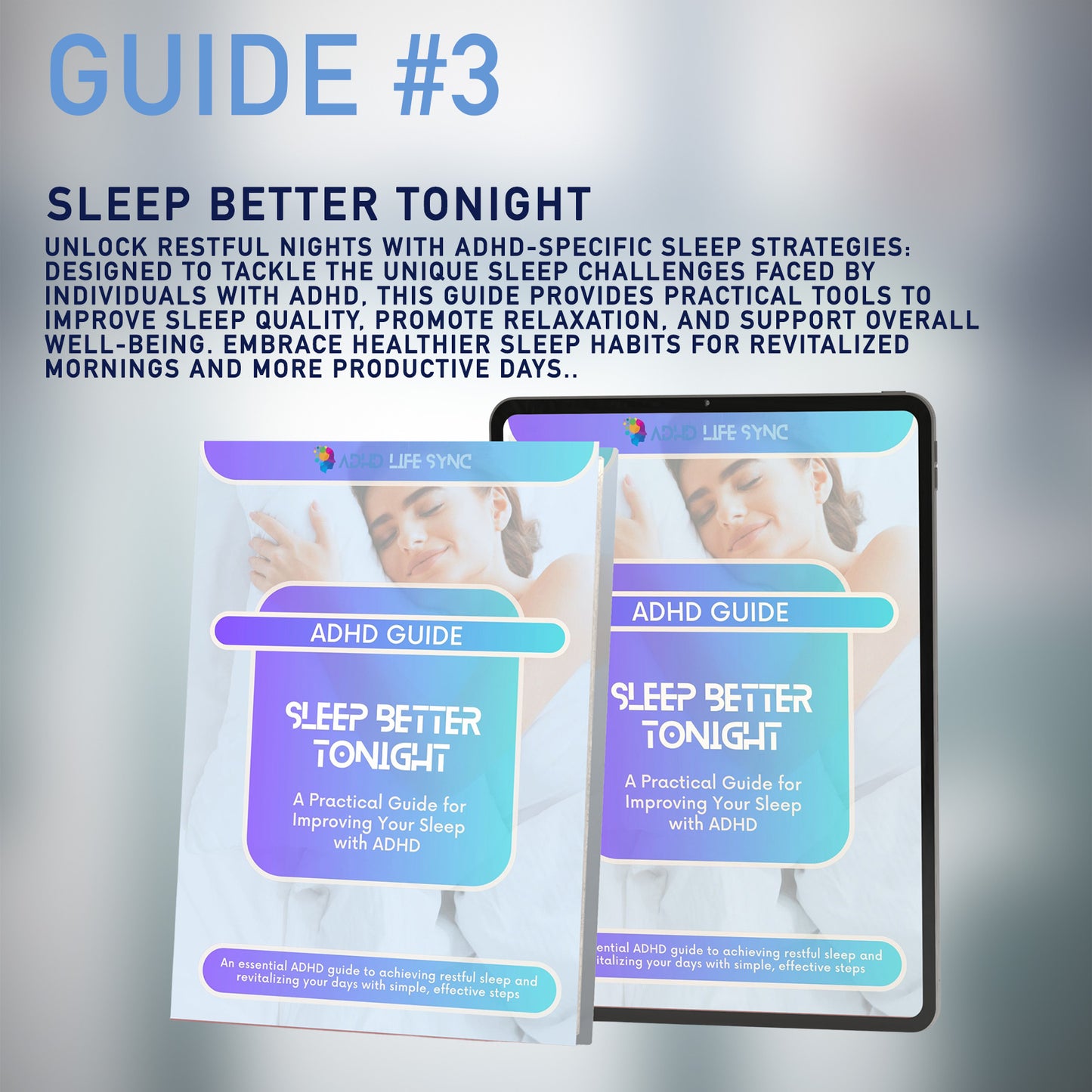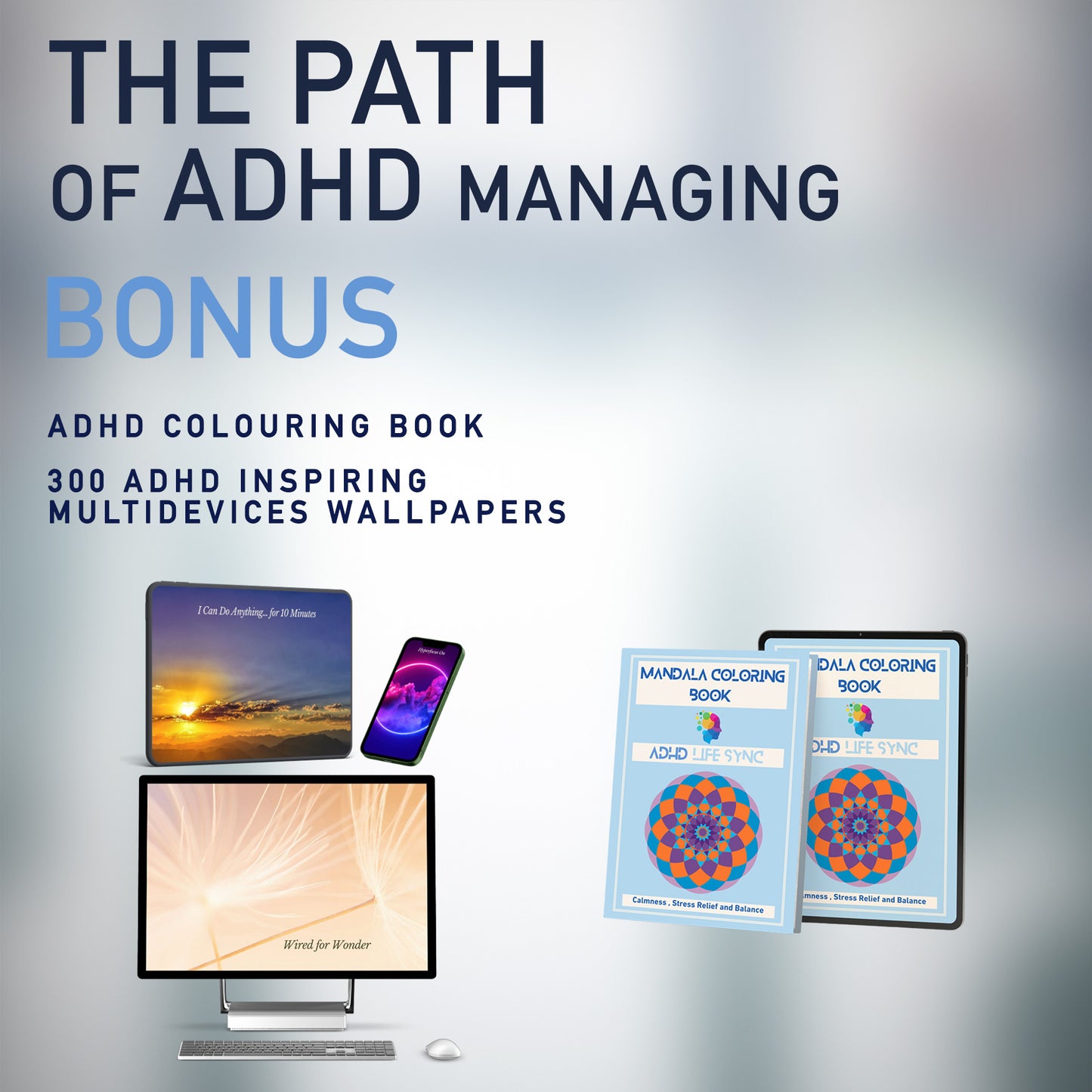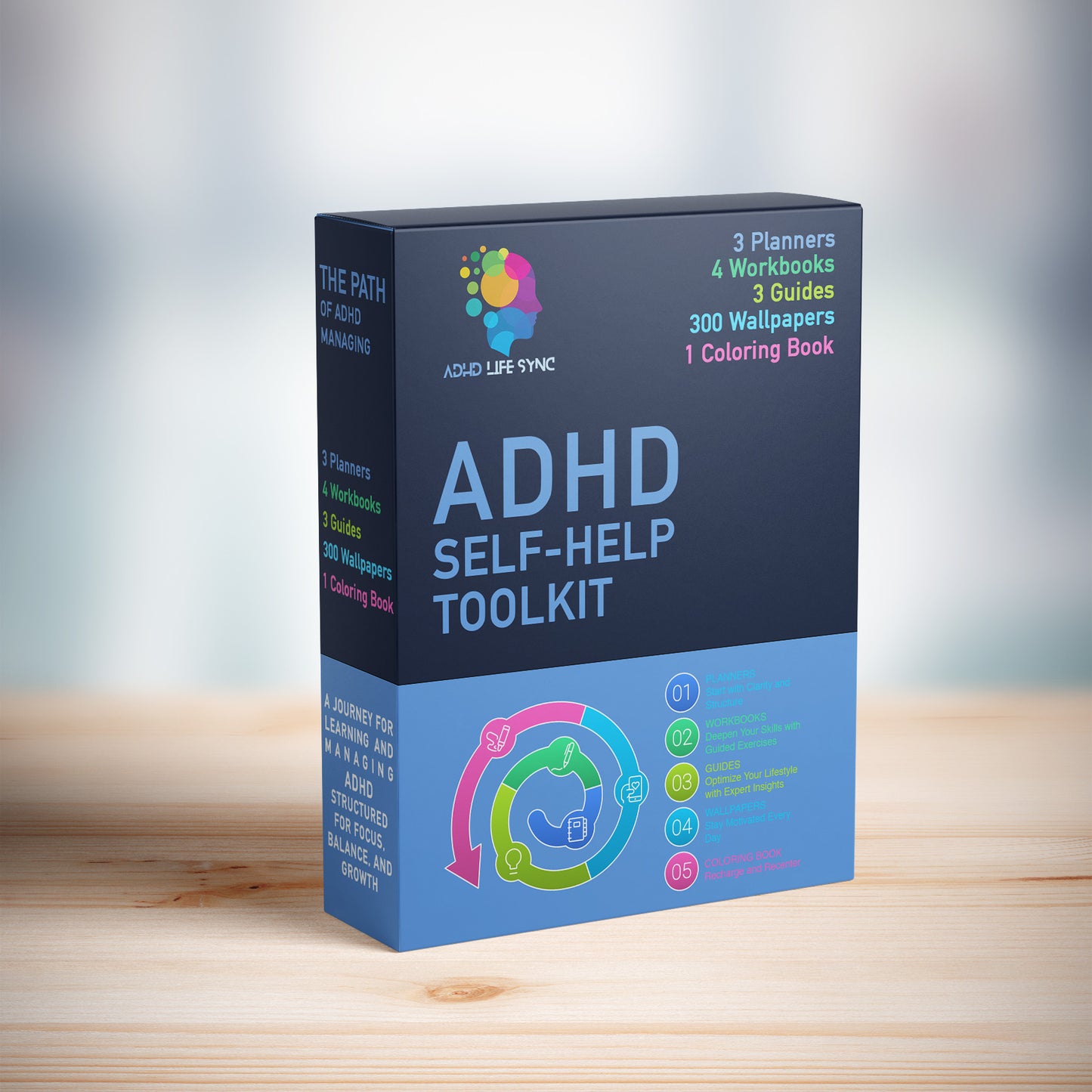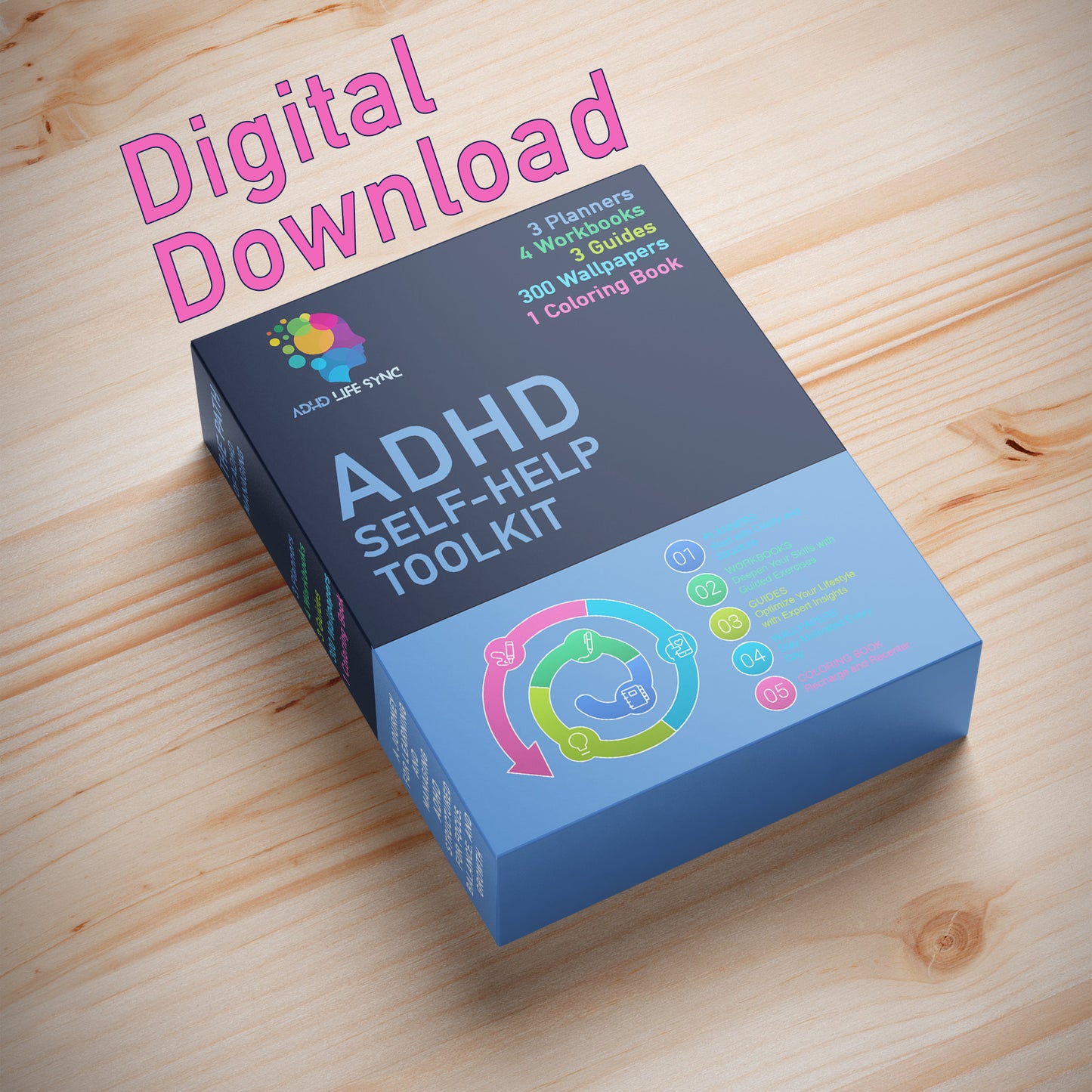
ADHD and Sleep Patterns: Navigating the Complexities for Better Rest
Understanding the Challenge
Sleep issues in individuals with ADHD are complex, reflecting the intricate workings of the ADHD brain. One common issue is "time blindness," a phenomenon where those affected have a distorted perception of time, significantly impacting their ability to establish a consistent sleep routine.
Moreover, ADHD is often associated with an altered circadian rhythm, meaning the natural sleep-wake cycle is shifted forward. This results in difficulty falling asleep until late at night and challenges waking up in the morning. But what causes these sleep disruptions?
The Role of Brain Chemistry
The unique chemistry of the ADHD brain, especially concerning neurotransmitters like dopamine, is central to sleep regulation. This altered chemistry can lead to unexpected reactions to stimulant medications, which may calm some individuals but increase sleeplessness in others.
Additionally, ADHD frequently coexists with other conditions such as anxiety and depression, which can further degrade sleep quality, contributing to a cycle of restless nights and challenging days.
Transformative Steps for Better Sleep
Addressing sleep-related issues in ADHD is vital for enhancing overall quality of life and leveraging the brain's dynamic and creative potential. Here are some actionable steps to improve sleep:
- Use a Sleep Tracker: Incorporate a sleep tracker into your routine to identify patterns and modify your sleep practices accordingly.
- Adopt Sleep Hygiene Practices: Implement strategies such as reducing screen time before bed to improve sleep quality.
- Explore Comprehensive Solutions: Consider cognitive-behavioral therapy for insomnia or discuss medication options with a healthcare provider as part of a holistic approach to manage ADHD symptoms.
The Importance of Recognition
It's crucial to recognize the link between sleep and ADHD symptoms like inattention and hyperactivity. Daytime sleepiness, often misinterpreted as laziness, can be a direct result of inadequate sleep. Understanding the impact of ADHD on sleep and employing strategies to mitigate these effects can lead to significant improvements in daily functioning.
Further Resources
For more detailed insights, the Sleep Foundation provides extensive information on ADHD and sleep challenges. Visit their article on ADHD and sleep for in-depth knowledge and advice.
By acknowledging the complexities of ADHD-related sleep challenges and adopting targeted strategies, individuals can make meaningful progress towards better sleep and, consequently, a more focused and fulfilling life.
